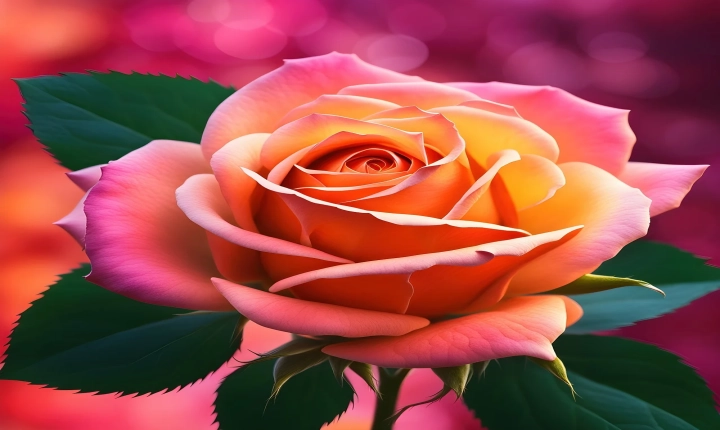The rapid advancement of artificial intelligence (AI) has presented numerous opportunities for streamlining processes, improving efficiency, and enhancing productivity in various industries. However, some experts have raised concerns about the potential impact of AI on creativity. Could AI potentially stifle creativity, and what are the implications of this for the future of innovation and artistic expression?
AI has demonstrated remarkable capabilities in analyzing large datasets, identifying patterns, and generating novel solutions to complex problems. In fields such as music, art, and literature, AI systems have been utilized to compose music, create paintings, and even write entire novels. While these achievements showcase the impressive abilities of AI, they also raise important questions about the role of human creativity in the face of increasingly sophisticated AI technologies.
One potential concern is that the widespread adoption of AI in creative endeavors could lead to a reduction in the diversity of artistic output. As AI algorithms become more proficient at generating content that aligns with popular trends and consumer preferences, there is a risk that human creativity may be overshadowed by the proliferation of AI-generated works that are designed to cater to mass appeal. This could result in a homogenization of creative expression, as artists and creators may feel pressured to conform to AI-generated standards rather than exploring innovative and unconventional ideas.
Moreover, the reliance on AI for creative tasks may diminish the element of human emotion, intuition, and personal experience that often underpins truly groundbreaking artistic works. While AI can replicate certain aspects of creativity based on existing patterns and structures, it may struggle to capture the depth of emotion and nuanced storytelling that are intrinsic to human artistic expression. As a result, there is a risk that the widespread use of AI in creative processes could lead to a loss of the human touch that makes art and innovation so compelling and resonant.
Another potential consequence of AI’s influence on creativity is the displacement of human creators from the artistic and creative landscape. As AI becomes increasingly proficient at generating content across various mediums, there is a possibility that human artists, musicians, writers, and other creators may face heightened competition from AI-generated works. This could have profound implications for the livelihoods and cultural contributions of human creators, as they contend with the challenge of distinguishing their work from AI-generated content and maintaining relevance in a rapidly evolving creative landscape.
However, it is important to recognize that AI also has the potential to complement and inspire human creativity. By leveraging AI tools and technologies, creators can explore new possibilities, gain insights into audience preferences, and enhance their creative processes. AI can analyze vast amounts of data, identify emerging trends, and offer valuable recommendations, thereby empowering creators to make more informed decisions and reach broader audiences. Additionally, AI-generated content can serve as a source of inspiration and a springboard for human creators to build upon, ultimately leading to the emergence of novel and innovative works that blend the strengths of AI and human creativity.
Ultimately, the impact of AI on creativity is likely to be influenced by a complex interplay of technological, sociocultural, and ethical factors. While AI has the potential to streamline certain aspects of creative production and offer valuable insights, there is a need to safeguard the integrity of human creativity and ensure that it remains a vibrant and diverse force in the artistic and innovative landscape. This may involve fostering a culture that celebrates human creativity, nurturing environments where artists and creators can thrive, and promoting a thoughtful and responsible integration of AI in creative processes.
As AI continues to evolve and permeate various domains of human endeavor, it is crucial to engage in ongoing dialogue and exploration of the ethical and societal implications of its influence on creativity. By navigating these complex issues with intention and foresight, we can strive to harness the potential of AI to enhance human creativity while preserving the authenticity, diversity, and emotional depth that define the essence of artistic expression.
